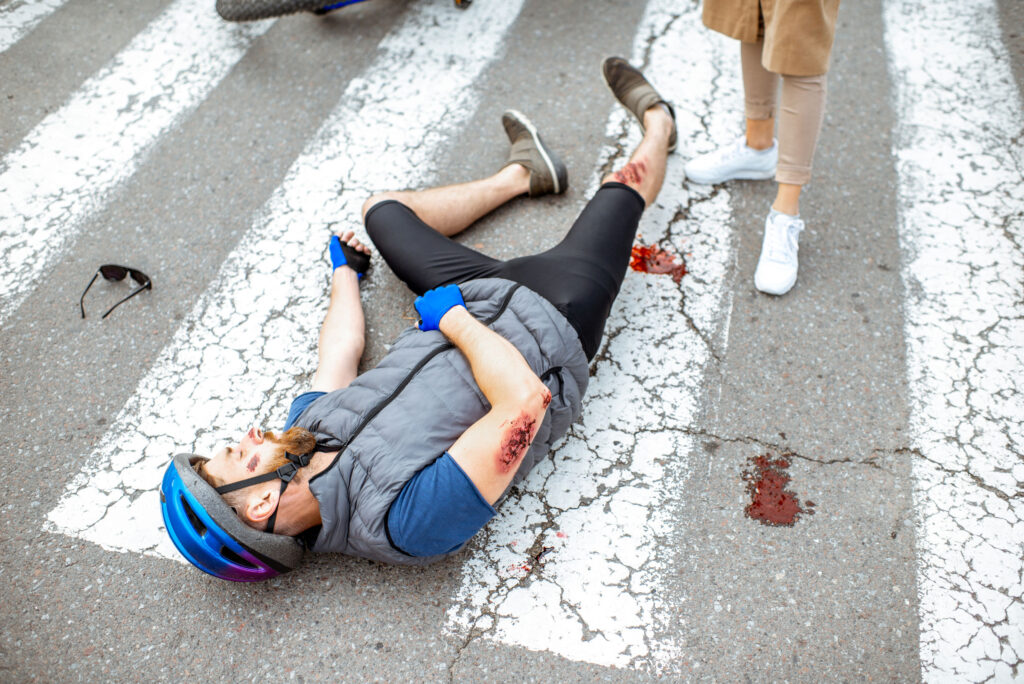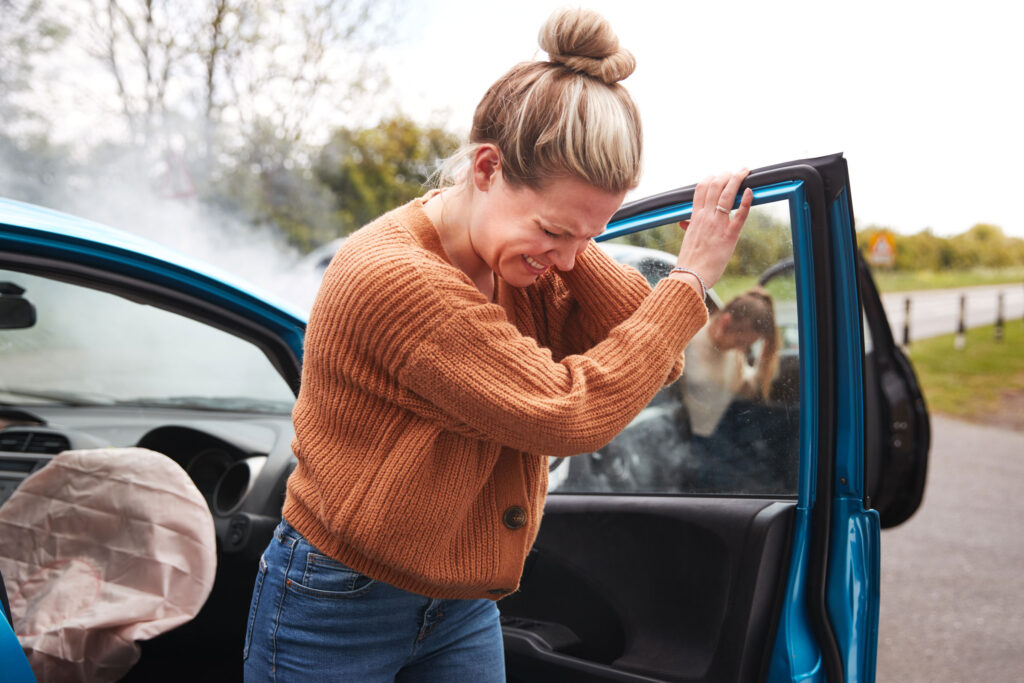It seems like everyone today has a social networking account. People have no problem posting or tweeting details every minute about their daily lives and divulging information that perhaps should best be left to their knowledge alone. After you have been in a car accident, it can be tempting, if not natural, for you to go back to updating your statuses and posting pictures of yourself in a bid to stay active on social media. However, your online activities could be detrimental to any legal case you are building because of your accident. If you must return to social media, you are advised to use the utmost care and remember these tips to prevent your case from being jeopardized.
Avoid Posting Pictures of Yourself after the Accident
Even if you are bloodied up and bruised because of the accident, you should resist posting a “selfie” on social media after your wreck. The other side of the case could contend that you are obviously not hurt because you can hold a camera and you were smiling in your picture. Pictures are so subjective, even in the best of circumstances. Your pictures of yourself showing your post-accident injuries could actually be mistaken as a signal to your followers that you are okay.
Word Your Updates Carefully
If word leaks out to social media that you have been in an accident, you should avoid giving the impression that the wreck was minor and that you are perfectly fine. Your friends and family members will undoubtedly flock to your page and inquire about your safety and health. You should resist saying that you are fine, that the wreck was minor, that you feel okay, and other positive updates.
Even if you are indeed feeling okay, you should only update your friends and family members that you are at home or the hospital, or that you thank everyone for their good thoughts. Avoid saying that everything is fine because the other side could use this status update to prove that you were not hurt in the accident and that your case has no basis.
Guard Your Emotions on Social Media
It can be too easy to lambast the other side on Facebook or Twitter and join in the bashing of the person who caused the wreck. However, the responsible person could use your words against you and tell the judge that you are vindictive, hateful, and out to get him or her. The judge may gauge your words as signs that you are not gravely impacted by the accident and you have an ulterior motive for going to court. As much as it may tempt you, you would be well advised to stay off social media until your case is resolved.
Follow Your Attorney’s Instructions
Your attorney can provide the best advice for you if you want to get back on social networking sites. Listen to your attorney and avoid acting out in a way that could jeopardize your case. Harshbarger Law advises you to avoid talking to anyone, including the insurance company and friends on social media, until you talk to an attorney.
Social media has become a major way that people stay in touch with their friends and family members. However, your information on these sites could be used against you in court. You can protect your case by using these tips as you return to social networking.


